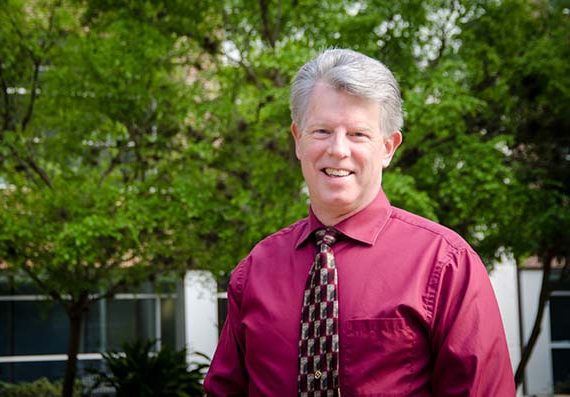Congratulations to Dr. Wesley E. Bolch, a BME professor and Herbert Wertheim College of Engineering associate dean for academic affairs, and Dr. Elliot Stepusin, a BME graduate student fellow in the J. Crayton Pruitt Family Department of Biomedical Engineering, for their technical contribution to a new publication for the World Health Organization (WHO), “Communicating radiation risks in paediatric imaging: Information to support healthcare discussions about benefit and risk.”
The paper aims to improve the communication of radiation risks in paediatric imaging to ensure an effective and balanced benefit-risk dialogue between health care providers, families and patients.
Using radiation in medical imaging can save lives and prevent the need for more invasive procedures, but inappropriate use may lead to unnecessary and unintended radiation doses for patients. Because children are smaller and have a longer life span than adults their risk of developing radiation-induced effects is greater.
Dr. Bolch’s research seeks to develop rapid and clinically accessible computation tools for use by radiologists and radiation oncologists to assess organ radiation dose and associated secondary cancer risks to patients following diagnostic imaging or radiation therapy. The Bolch laboratory used computer animation software and real patient imaging data to create a 350-memberlinrary of pediatric and adult males and females that cover a broad range of subjects, heights, weights and body shapes. These anatomic models are now being used in all three areas of medical imaging: interventional fluoroscopy, nuclear medicine and computed tomography.
The WHO is the directing and coordinating authority on international health within the United Nations’ system. Also, WHO works together with policy-makers, global health partners, civil society, academia and the private sector to support countries to develop, implement and monitor solid national health plans.
